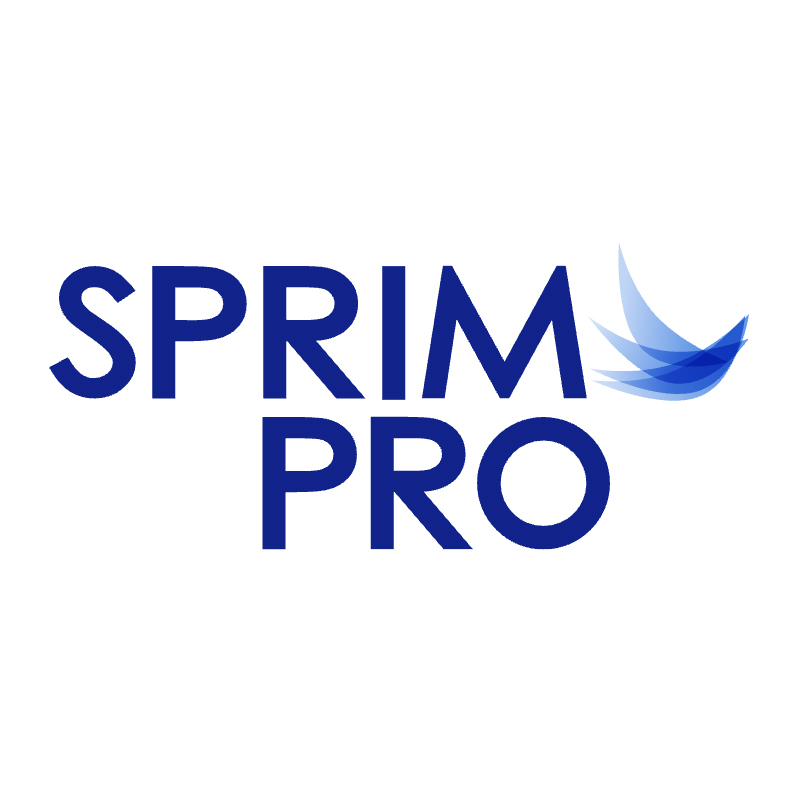
Ready. Set. Food! and ObvioHealth Launch Innovative Trial to Correlate Infant Food Allergy Prevention with Reduced Healthcare Costs
ObvioHealth’s innovative study design will allow Ready. Set. Food! to follow babies in the real world for two years.
NEW YORK, March 28, 2024—Ready. Set. Food! announces the launch of a pioneering clinical study (EASE trial) with ObvioHealth, which will use real-world infant healthcare data to assess how the convenient and early introduction of common food allergens impacts infant allergies and associated healthcare costs.
Twenty-three global clinical studies have shown that feeding common food allergens to babies early and consistently can reduce the risk of developing food allergies. Guidelines recommend that babies be introduced to these common allergens starting as early as 4 months of age. Despite this, only 17 percent of babies are fed peanuts by six months of age, and even fewer are eating them consistently enough to reliably reduce the risk of developing an allergy. The Ready. Set. Food! team has identified two key barriers: 1) early introduction and sustained feeding of food allergens is burdensome for parents, and 2) it can also be costly, especially for low-income families.
The Early Allergen System Experience (EASE) trial will assess whether Ready. Set. Food!’s early allergen introduction can reduce these barriers. 1,100 infants will be randomized into two groups: an intervention group who will receive Ready. Set. Food! Mix-Ins, or a control group who will follow their pediatricians’ guidance for food introduction. The study will compare caregiver compliance with the feeding guidelines as well as the total allergy-related healthcare costs between the two arms.
Ready. Set. Food! Mix-Ins introduce cow milk, then eggs, then peanuts using organic flours that can be mixed into a baby’s bottle. Parents in the intervention arm will be introducing allergens via single-serve Ready. Set. Food! packets. Unlike introduction using whole foods, parents do not have to meal plan, cook, or wait for the baby to be developmentally ready for solid foods, which may decrease the difficulty of routinely feeding allergens.
Ready. Set. Food! initially explored a traditional site-based study but realized it would take an estimated three years to meet enrollment numbers, and that a study with cumbersome site visits couldn’t replicate the real experience of parents introducing allergens at home. “We are confident that this innovative trial approach with ObvioHealth, which lets parents of infants participate safely from home, will dramatically accelerate enrollment and allow us to further monitor any allergy-related medical costs with the babies as they develop,” said Daniel Zakowski, CEO of Ready. Set. Food!. “If more families can effectively feed allergens to their babies, fewer kids will suffer from food allergies. We want every insurance company to invest in food allergy prevention. This is not only the right thing to do for parents and babies; it will also help to improve insurers’ bottom lines.”
There is a socioeconomic gap in allergen introduction that may be linked to healthcare disparities associated with food allergies. Covering the cost of allergen introduction can improve introduction rates and reduce the population’s burden of food allergy, preventing a lifetime of challenges for food-allergic children and a significant cost burden for insurers.
The babies enrolled in the trial will have their health data de-identified and tokenized, enabling the study team to track visits to practitioners for allergy-related events. This more accurate method for assessing healthcare claims, combined with parent reports, will give a fuller picture of food allergies than was previously possible in community-setting studies. Caregivers will use ObvioHealth’s ObvioGo® app to complete study tasks related to the baby’s diet, allergy symptoms, and any changes in health status.
“The linkage of two disparate data sets—clinical trial data and real-world healthcare costs—helped to unlock the key to this digital trial,” said Ivan Jarry, ObvioHealth’s CEO. “The resulting study design means we can recruit participants anywhere in the contiguous U.S., enabling them to participate from the comfort of their homes and report more accurate data about their real-life situations.”

